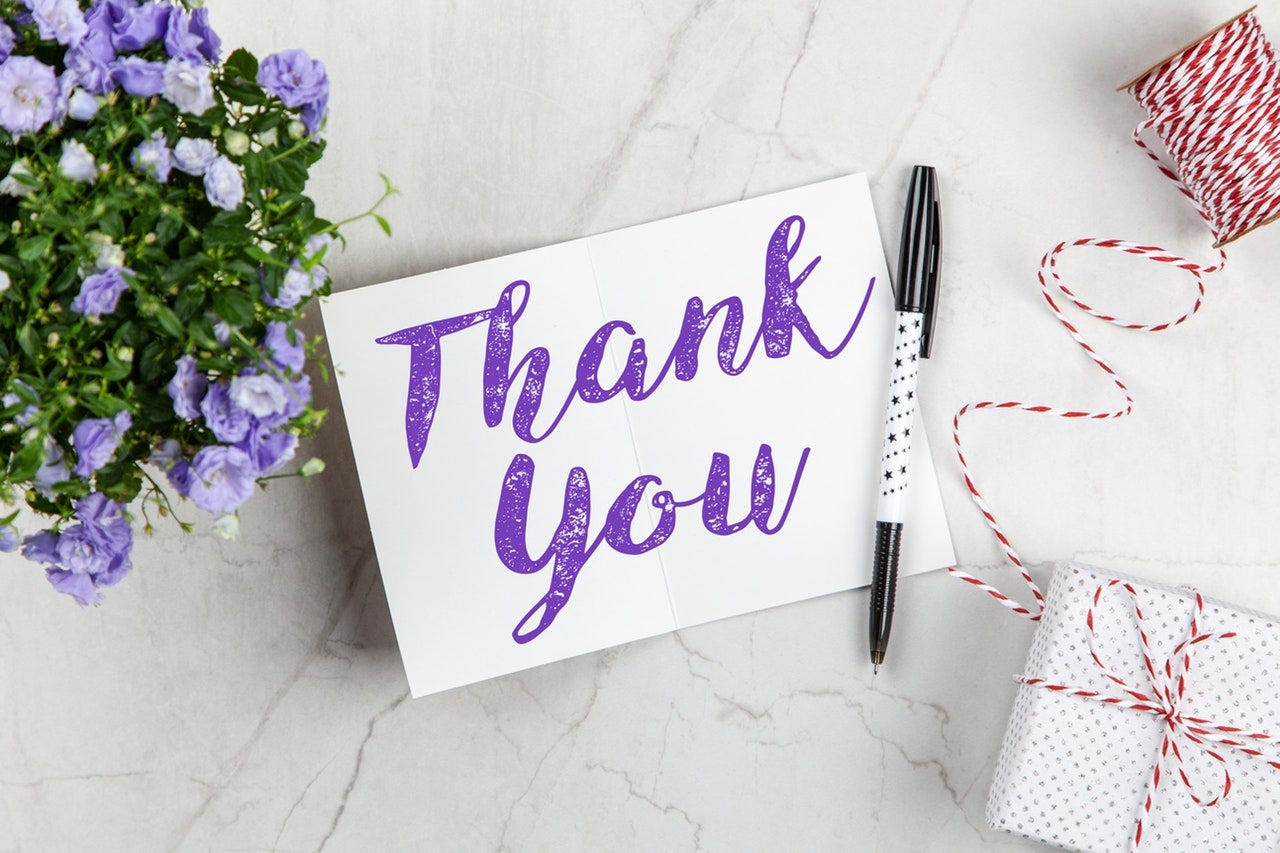
How to Practice Mindfulness at Work to Increase Productivity
How to Practice Mindfulness at Work to Increase Productivity
Mindfulness is retaining a moment by moment awareness of our thoughts, senses, and surrounding environment. Awareness and attention are at the core of mindfulness, and it also includes active observation without judgements of memories, and personal experiences.
When we practice mindfulness, our thoughts tune with what we are sensing in the present, rather than dwelling in the past or fearing the future.
“Mindfulness is being present without judgements.”
Mindfulness is observed to be an increasingly popular practice for top tier executives and celebrities. Improved mindfulness has scientifically proven to increase memory and awareness, reduced stress, and combat negative thinking.
How to Use Mindfulness at Work
Practicing mindfulness at work is simpler than most think. With just a few small conscious and simple practices each day, everyone can achieve a better mood, increased job satisfaction, improved productivity and better working relationships.
The first way to apply mindfulness at work is to be consciously present all the time and to be aware of what is happening around you without ever taking anything personally.
The other important requirement is to stay connected with your senses rather than getting lost in thoughts. For example, multi-tasking may sound more productive to many, but actually it’s counterproductive. Switching between tasks often result in losing important thoughts, and data points, and not giving 100% to anything.
It’s more effective, and mindful, to always pick a single task at a time. It will consume less time and energy and the outcome will always be more reliable, because it was done with acute intention and awareness.
Another mindful way of working is to deliberately slow down a decision. Effective leaders and entrepreneurs who slow down and take a breath before making important decisions and actions, make better overall decisions with increased efficiency.
Mindfulness exercises are also recommended. These exercises include conscious attendance to the present, mindful breathing, mindful immersion and conscious focus. During work hours our mind dives deeper and deeper in the ocean of thoughts and becomes less connected to the present moment. To bring it back to the present, set reminders to practice mindfulness on your phone calendar. When the reminder comes up, take a few moments to relax your spine, breathe, and connect to your senses.
Ways to Implement Mindfulness Programs at Work
Every person is different and thus needs different types of mindfulness training. Companies can choose to use apps and tools that help workers personalize their approach towards the trait. Similarly, courses and training can be provided with instructors. These instructors can identify the needs of the company and the pitfalls of employees and design training and courses accordingly.
You can also hire a mindfulness expert who could be available to employees as situations come up. Whatever program a company chooses, it is important to be consistent with it, dedicate the time and space needed for it, and show complete support for the development of the skill.
“Being present in the moment makes the moment more productive.”
Productivity Benefits of Mindfulness
Mindfulness reduces stress at work, which is a dominant cause of employees’ disengagement and reduced productivity. To combat stress, various top organizations like Google, Adobe, General Mills, Mayo Clinic all have taken up formal mindfulness programs.
When the human brain takes a break from problem-solving, critical thinking and judgment, the possibilities of learning and creativity increases. With mindfulness the brain just observes and avoids judgments, and it is more adaptive towards new information.
Better focus is another positive outcome of mindfulness. This practice enables you to live in the moment and pay attention to it. Hence, anyone with this trait is more focused on tasks, and events. The best part about practicing it regularly is that it works to reduce distractions and ultimately makes you more productive.
“Mindfulness improves resilience. It helps you accept things as they are. Allowing you to approach stressful situations more calmly and objectively.”
This resilience results in empathy and improved workplace relationships. A study by NCBI showed that mindfulness develops a higher degree of empathy and altruism. You are able to understand your colleagues, connect and relate to them better, so you can be more attuned to their emotions. Thus, mindfulness helps improve workplace relationships.
Indirectly, mindfulness brings happiness, job satisfaction, creativity, and productivity at work. The ultimate outcome is better performance and more successful careers.
Mindfulness is among the leading traits that can help any business to grow because it helps employees develop positive strategies to deal with highly stressful situations and work pressures. This results in better problem-solving skills and more peaceful work environments. Such companies become stronger and more resilient.
Employees with improved mindfulness see failures as growth and learning opportunities. They never quit jobs due to difficulties, rather they try to creatively fix things. A positive, creative, and attentive workforce results in the best performance, which leads to maximum productivity for the business.
Mindfulness helps us produce better work because the roots of mindfulness training is attention training. More attention to details means less errors, and faster intentional output focused on what really matters. The clearer we are on what matters, the less we will get distracted, the more likely we are to actually produce meaningful outcomes.
In the case of businesses, increased productivity results in more profits. Employees with mindfulness traits help companies grow. Every company should realize the benefits by organizing mindfulness training for its employees.




Recent Comments